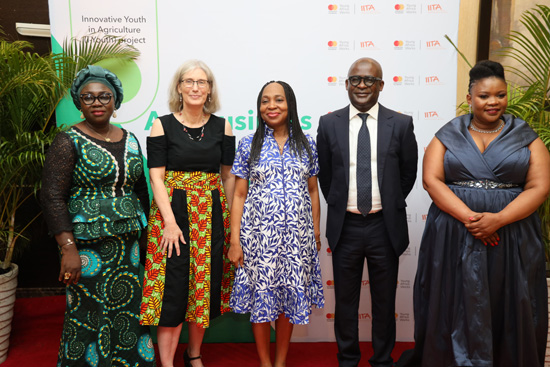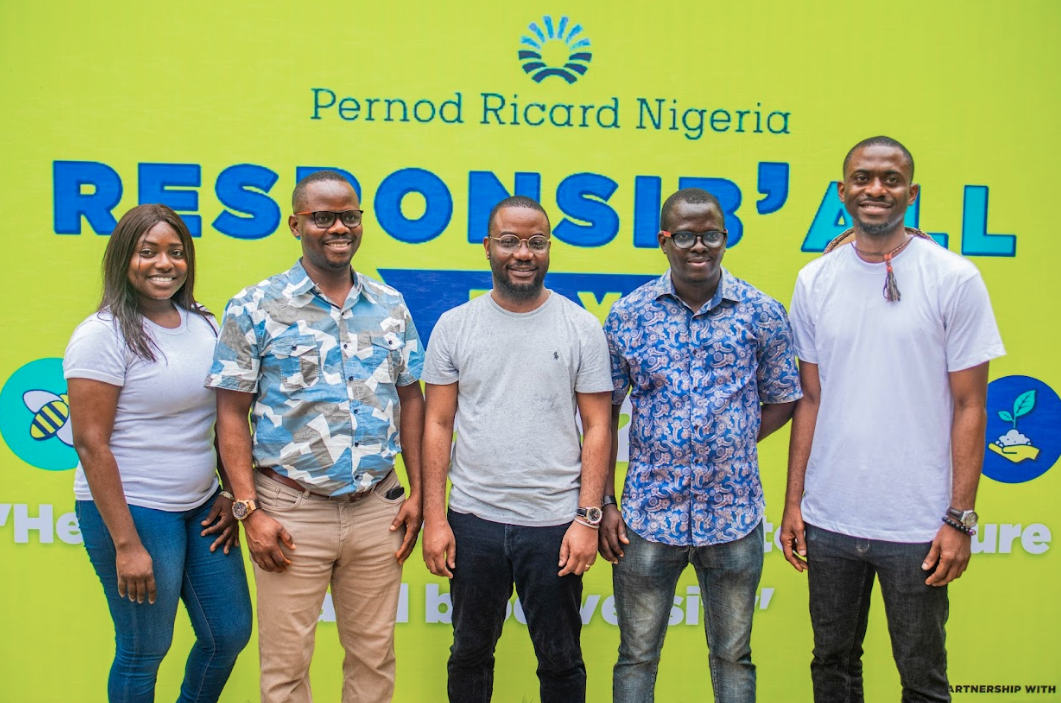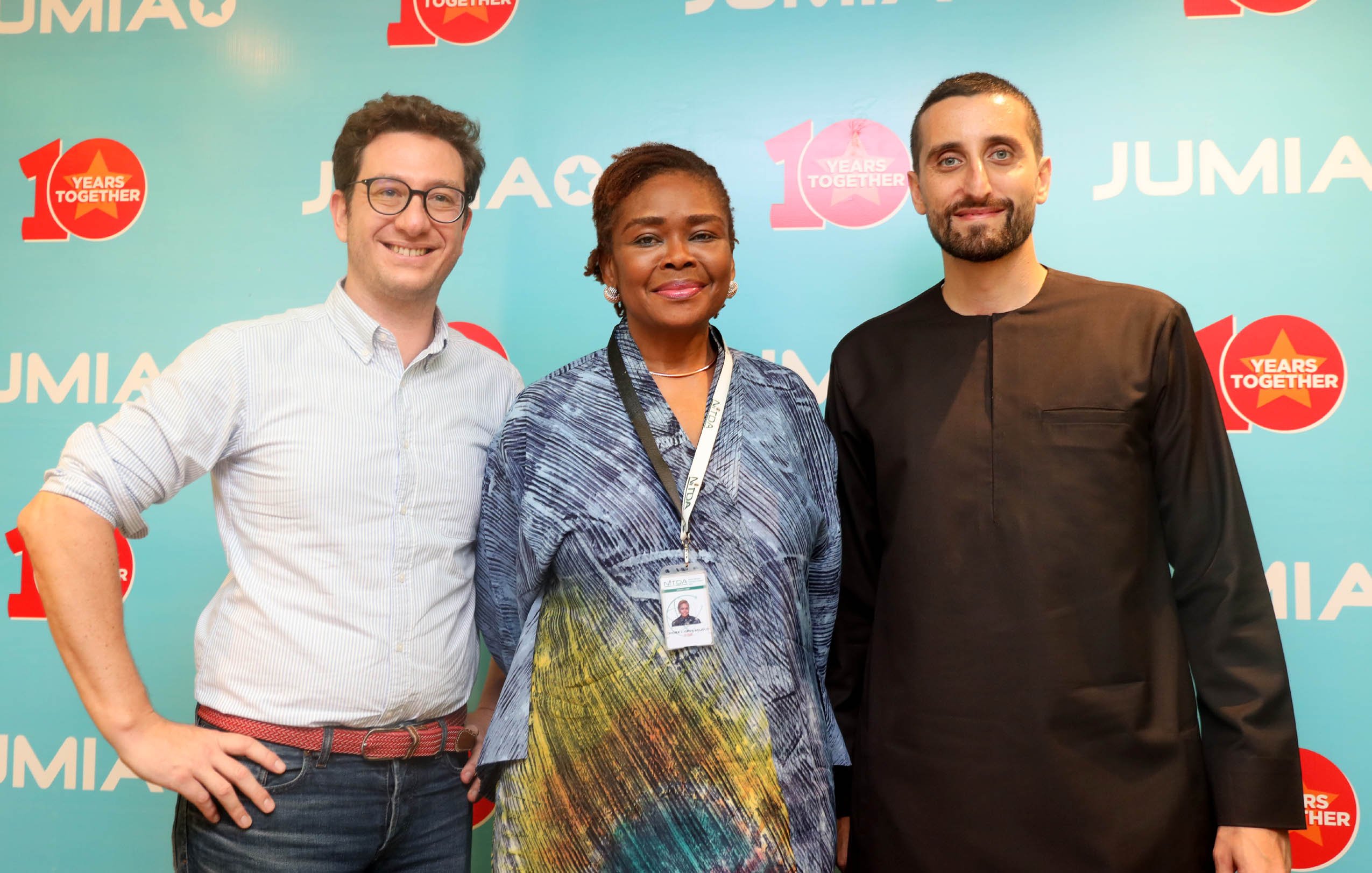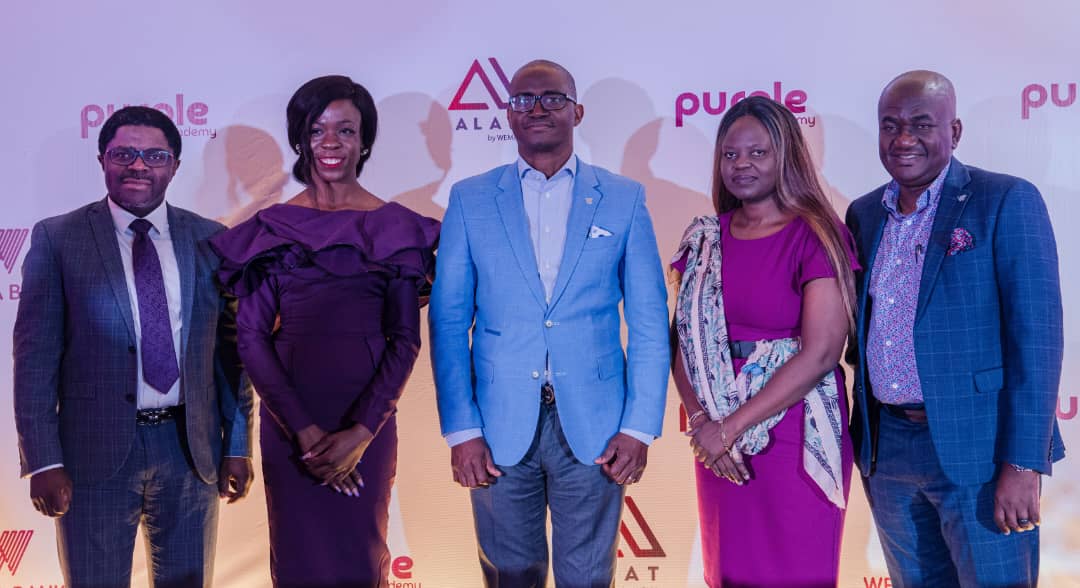“We are the stories we tell ourselves. The stories we tell ourselves are the stories that define the potentialities of our existence…. I exist because there are stories, and if there are no stories, I don’t exist.” – Shekhar Kapur
Defining culture hasn’t always been easy, it’s the collection of behaviors, ideas, social norms, and beliefs particular to a certain subset of people or society. It is the ‘way of life’, passed down from one generation to another through learning. Scholars such as Professor Geert Hofstede, a notable social psychologist, define culture as “the collective programming of the mind which distinguishes the members of one group or category of people from another.”
Culture is not an act of God. It is not an uncontrollable instance of natural forces in operation, in which we play a minute role. Culture is complex and, in its complexities, cannot exist without us. As the society cannot function without culture, so also can culture not function without society, without us playing our parts as individuals in the ecosystem we call life. Nevertheless, in this complexity lies the truth that although culture cannot cease to exist if humans remain, culture however can fade away, if not preserved and celebrated.
As the world becomes more homogeneous in trends, taste, and consumerism, with the United States of America as the poster child, many societies are amalgamating their cultures with those prominent societies to appear more developed. Through the years, it has become apparent that if uncurbed and unstructured, homogeneity can come at the expense of culture.
This process can be viewed positively as done by French-American immigrant J. Hector St. John de Crevecoeur, who wrote that in America, “individuals of all nations are melted into a new race of men, whose labors and posterity will one day cause great changes in the world.” Like metals when melted, the amalgamation of cultures will then produce a distinct compound (culture), stronger and more advantageous than its elements. The world has seen this happen in the global film industry whereby industries such as Nollywood or even Bollywood when catering to a homogenous community, produced mass-market fads gone from the box office as quickly as they entered.
However, homogeneity inherently isn’t bad in itself. It is not the antithesis of culture but instead is a tool in which we can expand our culture and in turn, our worldview. This school of thought, with increasing support from scholars and social scientists, uses the theory of cultural homogeneity as a ‘salad bowl’. Instead of abandoning one’s cultural characteristics to fit into the standards of society’s majority groups, minorities should combine their cultures with others, yet retain their own cultural identity. As a salad bowl, we celebrate our diversity alongside our oneness, becoming one big integration of unique, distinct cultures. An integration whereby cultural homogeneity doesn’t mean we lose ourselves but provides the opportunity to gain a part of us we didn’t know was missing.
The ’New’ Nollywood, an industry that has seen an increased frequency of collaborations with international bodies, stands as a proof point. As globalization seeped into the Nigerian soil, this homogeneity in tastes and trends have broadened our worldview and opened our minds to realize the power of well-thought-out creative stories. These partnerships, well-intended and well-received, saw a meteoric rise in the quality of the industry’s products. It brought about stricter standards and pushed quality over quantity, showing Nigerians the products they deserved.
Hand in hand with cultural homogeneity is the opening of borders and the expansion of ideologies. For Nigerians, it has allowed us to understand the value of telling our stories to the world, rather than the world telling our story to us.
As the world moves towards this school of thought, appreciating the advantages of cultural homogeneity, there is a need for greater investment in African creatives and African stories. It is only through these investments that we will be able to preserve our culture and show the world who we are via our points of view.
Recently Terra Kulture’s Terra Academy For The Arts (TAFTA) partnered with Mastercard foundation aims to train 65,000 young creatives between the ages of 16–35 years in relevant skills across selected key sub-sectors in theatre and business. The academy aims to train and mentor young individuals, impacting requisite entrepreneurial, technical knowledge and skills. It will promote the richness and diversity of Nigerian languages, arts, and culture, instilling in this future generation of African creatives the love of the African story.
With a focus on women, TAFTA will provide foundational training, support, internships, and linkages to employment and financial services. It works in line with the MasterCard Foundation’s Young Africa Works, which sets out to provide access to dignified work and the right skills to contribute to Africa’s global competitiveness to 30 million African youths, improving their lives and those of their communities.
These creatives will be provided the opportunity to tell their stories and our communal story, spreading the unique African voice to the world. The story of not only our past but our present and future because each of these defines our voice and our stories. This partnership between Terra Kulture and the Mastercard Foundation has given us as a community the opportunity to preserve our culture, changing not only the way we think and the ways we see our community but also the way we see ourselves.






